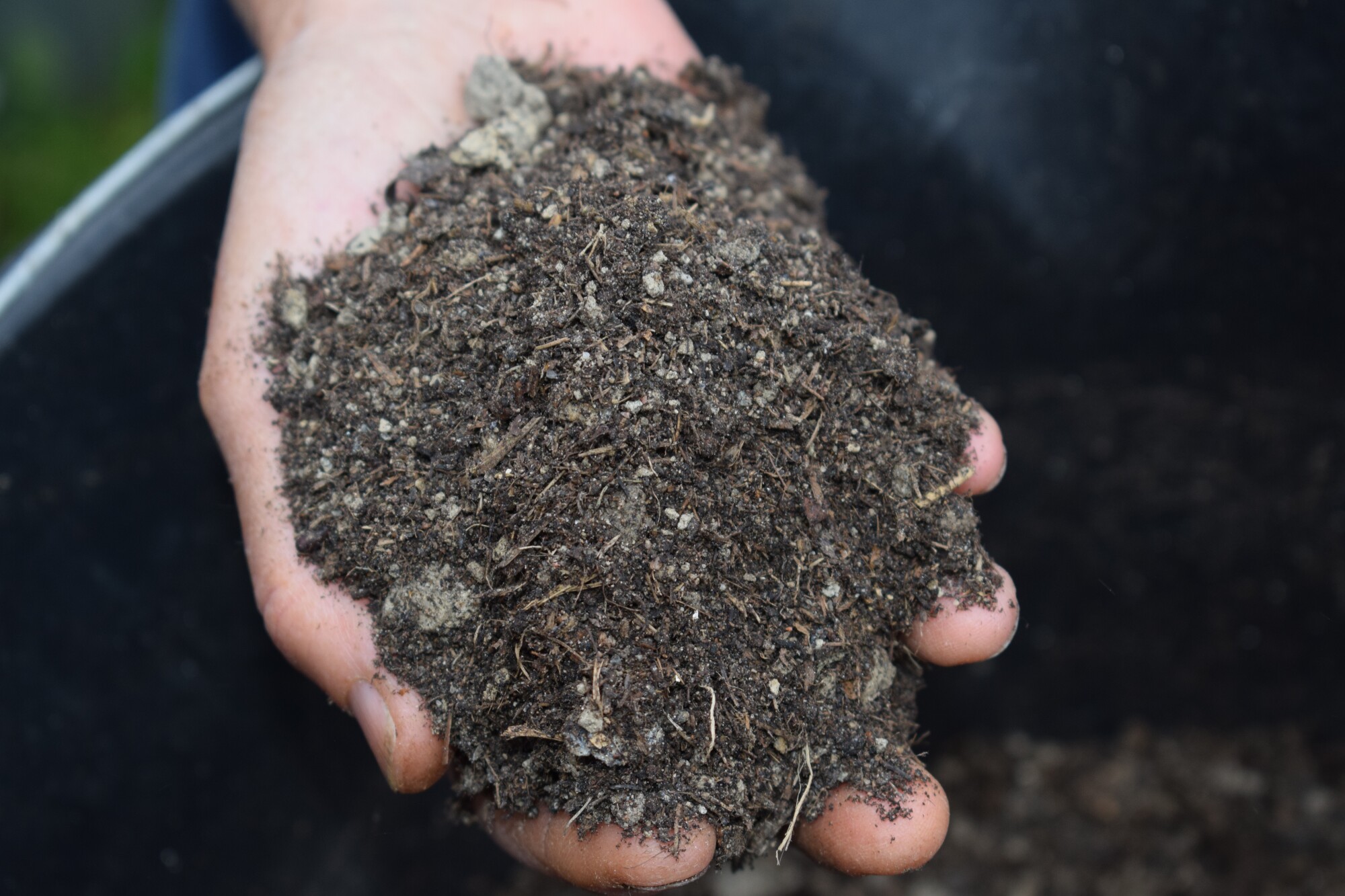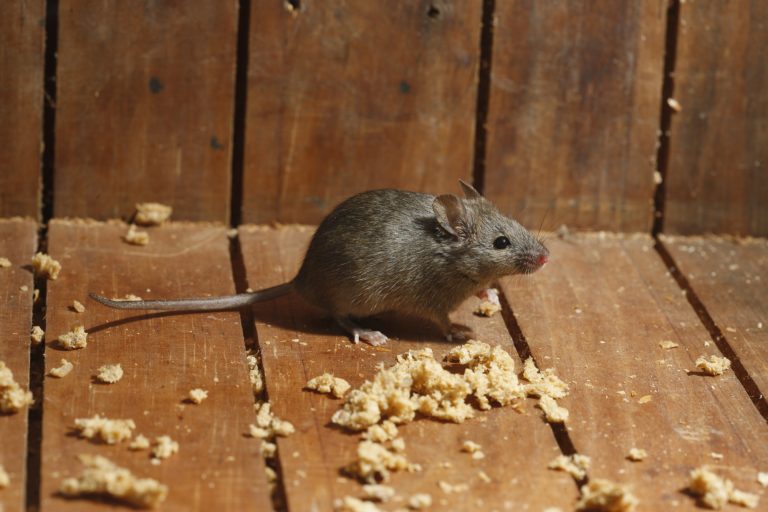4 Popular Types of Mulch for Gardens
Did you know about 55% of American households have gardens? If you’re preparing your outdoor space for the growing season, consider a wide variety of materials to add to it. One of those is choosing the right mulch.
Mulch is a must for any garden. It helps retain moisture, keep the soil cool, and protect it from weeds and excess sun exposure. But, because there are so many types of mulch, it can be tricky to decide which one is right for you and your garden in particular.
Read on to learn more about the best mulch types for specific environments.
1. Short-Term Mulches
Short-term mulches are best for temporary applications in vegetable gardens. The soil must warm up quickly in the spring. Popular short-term mulch options include straw, newspaper, bark chips, cardboard, and grass clippings.
Straw is an effective way to smother weeds and holds moisture in the soil. The newspaper helps control weed growth but will break down relatively quickly. Bark chips provide an aesthetically pleasing look and can last for years, but they are prone to blowing away in windy areas. Cardboard can soon break down, and grass clippings are suitable for areas with low-lying weeds.
2. Long-Term Mulches
One option when choosing mulch types is long-term mulches, typically made from organic materials and can last for many years. These can include wood chips, bark, straw, and leaves, and they offer the advantage of keeping the soil cool in the summer and warm in the winter.
Long-term mulches also help to enrich the soil with essential nutrients. In addition to wood chips, bark, and straw, other popular types of mulches for gardens include rubber mulch, cocoa mulch, and seed mulch.
Rubber mulch is an environmentally-friendly option as it is made from recycled tires. In contrast, cocoa mulch is an organic option that adds a pleasant aroma to a garden. Seed mulch is an excellent choice for vegetable gardens, as it helps to keep weeds away while releasing nutrients into the soil over time.
3. Inorganic Mulches
Inorganic mulches are popular among gardeners for several reasons. They are cost-effective, easy to apply and help control weed growth.
Inorganic mulches like pebbles, stones, and gravel are available in different colors and sizes to fit a wide range of gardens. They last longer than organic mulches, retaining their durability and forms even after bad weather.
Plus, they don’t decompose, making it easy to keep your garden looking neat and clean year-round. Other inorganic options like plastic and rubber mulches are also available.
4. Landscape Blankets
Landscape blankets are another alternative when choosing mulch for gardens, especially in areas with extreme temperatures and weather. These blankets are usually made from all-natural materials like coconut, jute, and sugarcane fibers.
They can also be constructed from synthetic, safe, recycled rubber, plastic, and jute fibers. This allows them to retain moisture while allowing oxygen and light to pass through.
Landscape blankets can offer up to two to three years of weed prevention and protection. To start, preserve or replenish your mulch stock, check Eggemeyer to get the best ones.
Learn the Most Popular Types of Mulch for Your Garden Today
Mulching is a great way to improve garden health and save time and money. Knowing the different types of mulch available will help ensure successful results.
For more information about choosing and using mulch, consult a garden supply expert at your local nursery or hardware store.
Want to learn more? Then head to our website for the latest insights and tips for all your needs.






